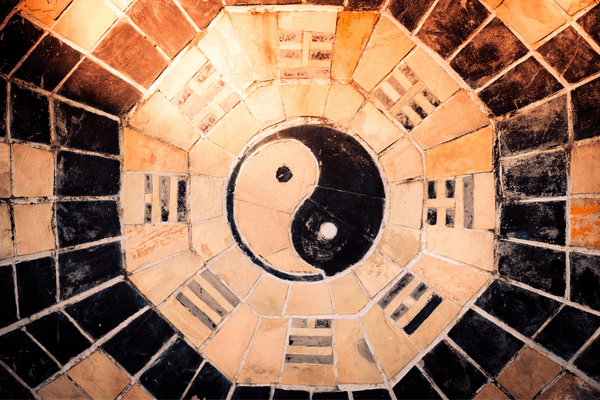Moving into Autumn – the Wisdom of TCM
Just as the natural world makes changes, so too should we!
Like all seasonal shifts, we are in the midst of a time of transformation. It deserves taking time for reflections about what changes need to occur to remain physically and emotionally healthy and in balance – both inside and outside ourselves.
The drop in temperature tell us that we have passed from late Summer to Autumn. If we’re alert, we might notice some internal signs of the change as well. Just as the natural world changes, so too must we adapt to seasonal shifts as they come.
The large intestine is (surprise surprise) associated with “letting go” and, just as trees shed their leaves, we may find ourselves needing to let go of things that no longer serve us. Emotionally, the season is associated with sadness and grief and, as the season shifts, we might find ourselves feeling these feelings more readily and forcefully. The most important piece is to let the feelings come, to name them without judgment, which will let them move out of your body.
We will always do best when we eat seasonally, acknowledging our place in the ecosystem. In Autumn, when our bodies are tending toward dryness and cold, we need to eat foods that are warming and that enrich our Yin (that which is moist, dark, restful). It is also beneficial to eat warm, cooked vegetables of the season (sweet potatoes, squash, beetroot, broccoli, etc.) to help your body adjust to the change. Apples and pears nourish and moisten Lung Yin – a delicious medicine for dry coughs is poached pears with honey. Pungent foods (onion, garlic, turnip, ginger, horseradish) all help to build “defensive qi” (immunity) and disperse mucus.
TCM knows your grandmother was right: going outside in skin-exposing clothes on cold, windy days (or nights) increases your chances of getting sick. Cover up every inch of your skin, wear a scarf, don a warm hat. Avoid drafts inside. Move away from the air conditioning vent at work. Turn off the fan at night and find another source of white noise for sleep.

